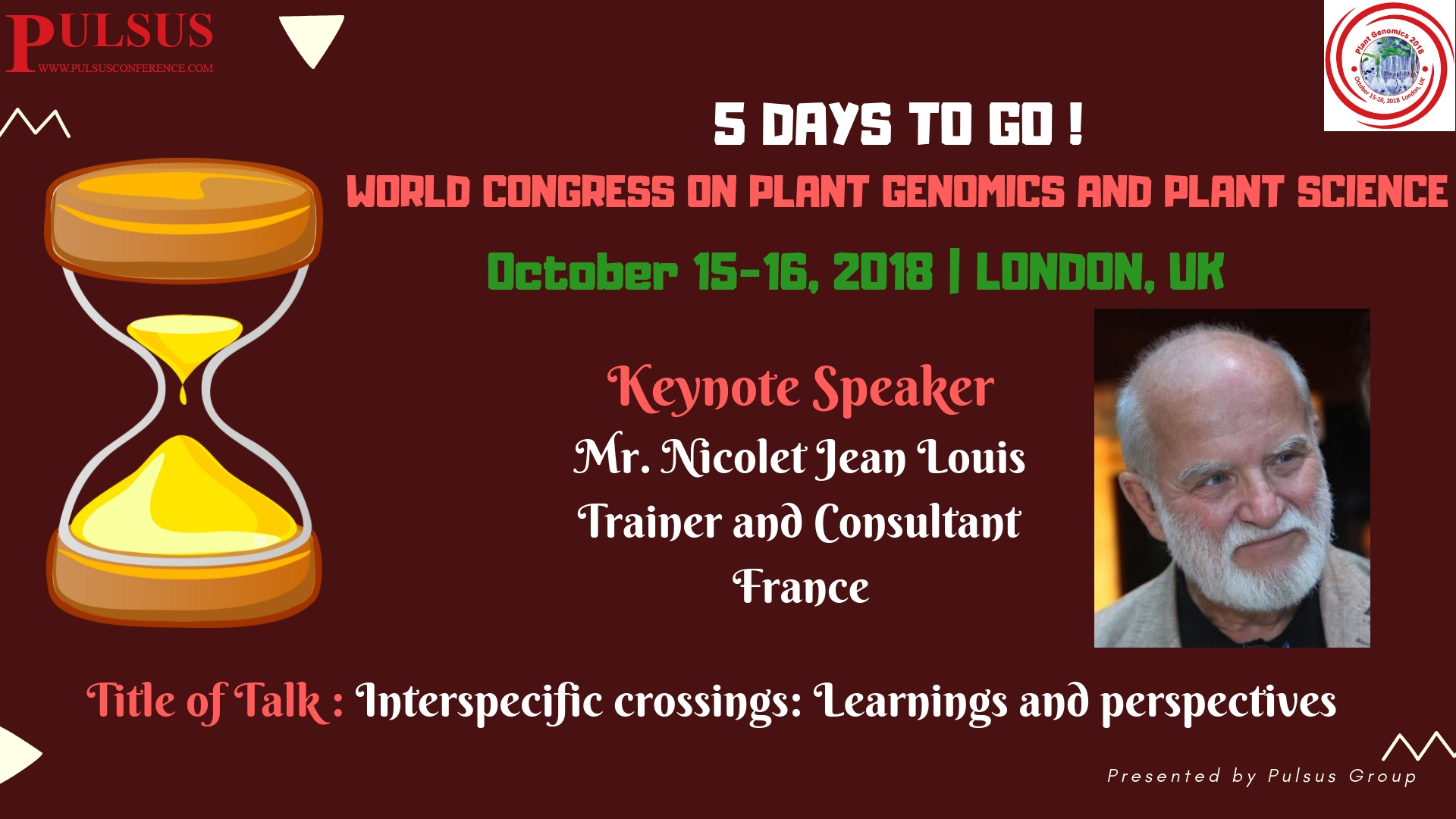Genetically modified crops are plants used in agriculture, the #DNA of which has been modified using genetic #engineering methods. In most cases, the aim is to introduce a new trait to the plant which does not occur naturally in the species
#GM crops were first introduced in the U.S. in the mid-1990s. Most current GM crops grown in the U.S. are engineered for insect resistance or herbicide tolerance.
Corn, soybeans, and cotton are the three largest acreage GM crops.
Some potential applications of GM crop technology are:
- Nutritional enhancement: Higher vitamin content; more healthful fatty acid profiles;
- Stress tolerance: Tolerance to high and low temperatures, salinity, and drought;
- Disease resistance: For example, orange trees resistant to citrus greening disease or American chestnut trees resistant to fungal blight;
- Biofuels: Plants with altered cell wall composition for more efficient conversion to ethanol;
- Phytoremediation: Plants that extract and concentrate contaminants like heavy metals from polluted sites.
To know more about science behind Plants. Join us on #plantgenomics2018 conference which is going to be held at #London, #UK
EMAIL: plantgenomics@pulsusmeet.com



No comments:
Post a Comment